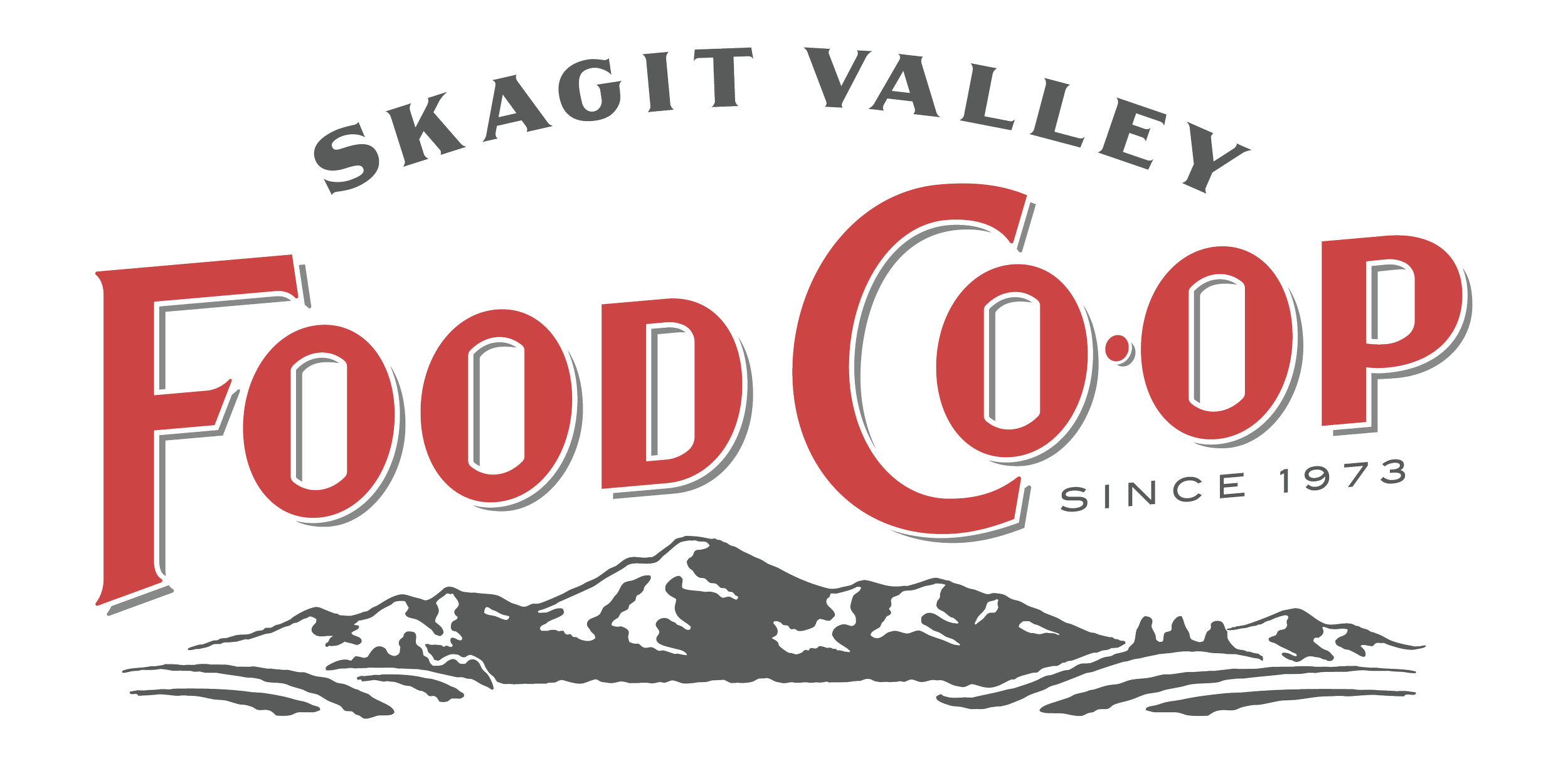Regenerative Organic Update
Last summer, I spent time researching and digging into (pun intended) what could become the future of farming: Regenerative Organic Agriculture. As a refresher, regenerative organic is an overarching term to describe a number of agricultural practices that focus on regenerating soil health and a farm’s entire ecosystem. In practice, regenerative organic can include cover cropping, no-till farming, composting, and zero use of pesticides and fertilizers.
The practice has drawn the attention of farmers, along with questions and concerns. In an effort to move the conversation forward, PPC Markets hosted a Convening on Regenerative & Organic Food Systems in February, which I attended alongside several other food system partners through the PNW.
While taking in the beauty of Shilshole Bay from the Daybreak Star Indian Cultural Center, the energy in the room was palpable; to the attendees, regenerative ag is so much more than another certification. It represents a path toward, or more accurately, back to the ways our ancestors farmed for millennia: a practice rooted in restoring soil, building biodiversity, and respecting the planet, animals, and workers.
To me, it sounds idealistic, the path we should be following for the environment, livestock, and all individuals within the food system – growers, farmers, workers, retailers, eaters. It also begs the question: who should be forging the path? Throughout the convening, the consensus was clear: the responsibility (and cost) should not fall to farmers. Small (and large) farmers already take on so much outside the scope of farming. They’re scientists, marketers, employers, land owners. As the people committed to feeding us, they need outside support to go above and beyond the organic certification.
But who?
So, while the why is more than justified, the how needs significant work. The conversation is to be continued…
That said, if you have opinions on the future of regenerative organic certification, the State of California wants to hear from you. Yes, California. They’re in the process clearly defining what regenerative organic is and need input from all sectors of the food industry – eaters included.
Written Public Comments on the Defining “Regenerative Agriculture” for state policies and programs can be submitted to: RegenerativeAg@cdfa.ca.gov
